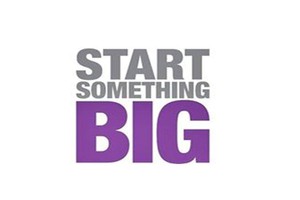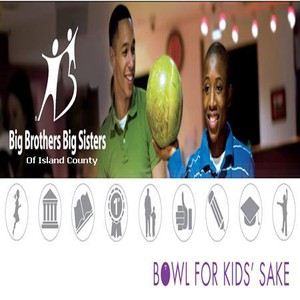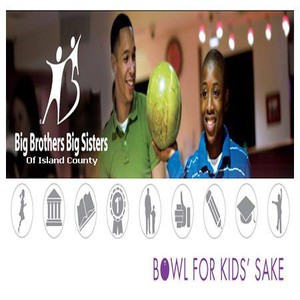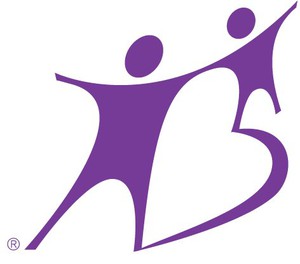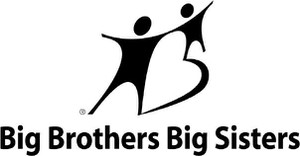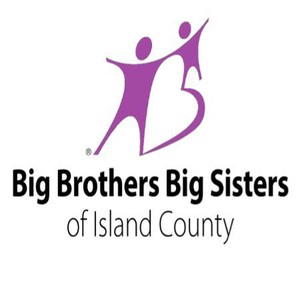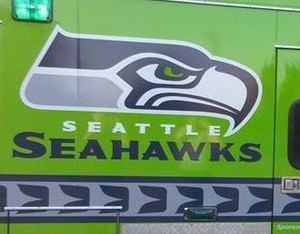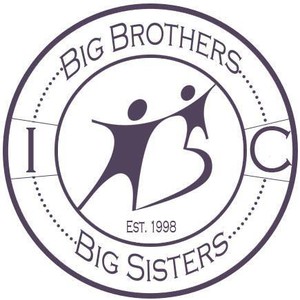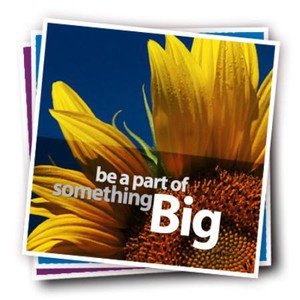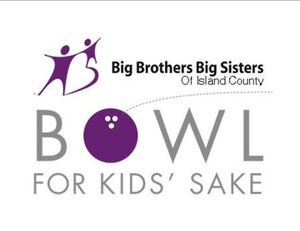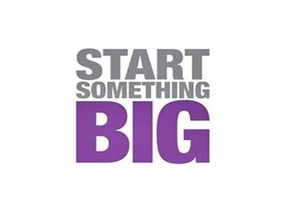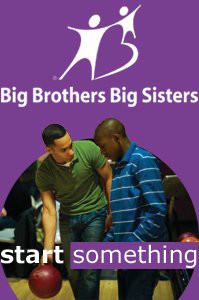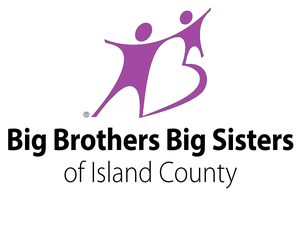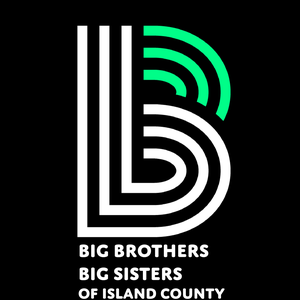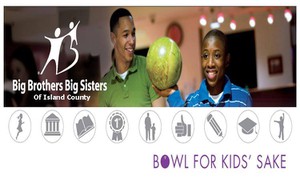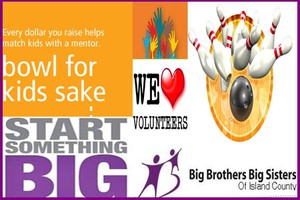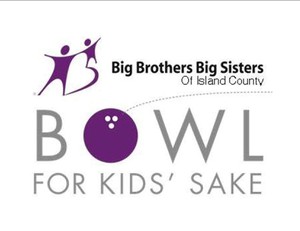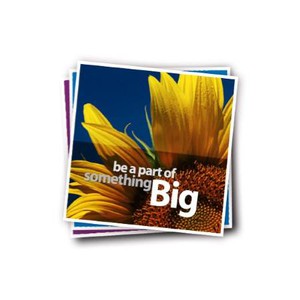Company Description
What is a Big Brother or a Big Sister?
Community-based mentors are adult volunteers, 19 years or older, who want to share the activities he/she already enjoys with a child or teenager for 2 to 4 hours a week.
They are people who want to be a friend and companion to a young person and share in the joys and challenges of growing up. New activities are shared, giving a youth positive experiences in their daily life and opening up new perspectives.
School-based mentors may be adult volunteers or high school students who are able to meet with a child on school grounds either during the school day or directly after school. Activities are done in the classroom, playground, library or lunchroom. Volunteers make a commitment for at least one year. Hopefully, it will continue for many years. These matches build a friendship while focusing on academic and organizational skills.
Who are out Big Brothers and Big Sisters?
Men and women who work and live in your community, high school and college students from nearby schools, and retirees, military men and women, members of congregations or civic organizations.
How you will be matched with a "Little"
The application and interview process helps us to get to know your preferences and learn about the situation best suited for you. You also get to know us and learn what to expect. In making your match, we take into account your personality, likes, dislikes, age preferences, background, and location. And the final decision about a match is always yours.
How children come into the program:
Children and parents may hear about BBBS from a teacher, a counselor, their church, a friend who has a Big or commercials. All children and their parents choose to be part of our program. We have potential littles awaiting a match that fits them.
Who are the children that come into the program?
Our Littles come from various types of home environments and family structures, different socio-economic levels, ethnic backgrounds, and neighborhoods and schools across our entire community. Their backgrounds and personalities are unique. They all have a need for friendship with a caring adult.
Once you are matched - when do you get to see your "Little":
You and your Little—and his or her parent/guardian—decide the best times for your match to meet. Keep a consistent schedule, and see each other at least twice a month to establish a genuine relationship and comfort level. The length of outings will depend on the comfort level Big, Little, and parent. If your Little is young, a shorter outing will be best to start.
What if my "Little" doesn't talk to me at first?
Some children aren't used to having an attentive listener and are uncomfortable talking. Use humor to get conversations going
there’s nothing like a good laugh to break the ice. Your match support team can give you great tips. Keep intermittent eye contact
look at your Little when he/she is talking, and smile when it’s appropriate. When your Little is talking, make sure he or she knows you are not distracted, and be an active listener: Tell me more about that, What happened next?, How did you feel? (Not: Why did/didn't/won’t you?, How could you?, etc.) Be aware of your body language and facial expressions. Avoid folding your arms, rolling your eyes, frowning, or otherwise showing disapproval
A few things that effective "Bigs" end to do consistently:
They understand that their role is to be a friend. Our Littles already have caring teachers and parental figures in their lives. Effective Bigs add the simple but powerful element of someone who freely chooses to be part of a child's life, someone who likes and respects him/her, and believes in his/her potential.
They listen—really listen. They actively try to get their Little to talk about what is important to him/her
they remember what their Littles have said or shared, and follow up with interest.
They keep their promises. They make a commitment to their Little and show the child that they think their time together is valuable and important.
They understand that this relationship can often look and feel one-sided. Sometimes it may feel like you are making all of the plans and all of the calls. That’s okay. Consistently initiating contact and making plans will help develop trust and show your Little that you care about him/her.
They involve their Littles in deciding what to do with their time together. These Bigs take time to see what kinds of things their Littles like to do. Again, it makes the Little feel like you really care about him/her.
They believe in magic. When having fun is a priority, you both get to explore new ideas and share experiences neither of you might otherwise have—that's where the magic is.
Successful "Bigs" also:
Accept their Little or their Little’s family as they are. It’s not about changing what is already there, but about impacting their lives in a positive way.
Don’t become frustrated when their Little doesn’t call.
They stick to their schedules. Missed and cancelled outings are disappointing, so they make sure their meetings are consistent.
Call and chat with their littles, especially when they aren't able to meet face to face. Consistency is important.
They put friendships first. Improved grades, attitudes and behaviors will come with time.
What are good ideas for outings with my "Little"?:
Friendships develop through shared experiences. Start your match with something simple and casual where you can learn about each other. Play catch in the park, bake cookies, bowl, have a picnic lunch, take a bike ride, or visit the library. This will set your Little's expectations for the time you share. Save special outings or events (which you both agree on) until after you have built an understanding and your friendship is solid. Your match support team can also give many suggestions.
Learning from each other:
Littles may come from living situations, family backgrounds, religions and cultures different from that of their Bigs’. Take turns learning about each other’s family and/or cultural traditions, and learn about your Little's life, environment, and perspective on the world from the start. Remember: as a friend, you add to your Little’s values—you don't change the ones he or she has.
Some Littles have experienced trauma or loss in their lives. Young people (and adults, too!) don’t always have the words to express how they feel, or even know why they feel the way they do.
Understand that your Little may not see the world the same way, or be as carefree as other children you know. Sometimes kids do or say the opposite of what they really mean because they’re confused or scared of getting hurt. Your match support team is there to help with situations like this, and to give sound advice on what you’re experiencing.
Keep an open mind. You may not agree with the choices your Little or her/his family is making, but your role is to listen and be a friend. By example, your Little will learn that there are many positive ways to approach situations, and make choices in life.
Children are strongly affected by the behavior and values of the people they admire and look up to. By example as a responsible caring adult, you add choices to your Little’s future and make a positive impact in his or her life
What is the Match Support Team?
The Match Support Team are agency staff called Match Coordinators who can help you develop your friendship, address any questions, concerns, or problems, and give you guidance throughout your match. The team can help you understand what is happening in your friendship and flag problems before they start. They can also be a helpful link to resources.
Very important and it is part of the match relationship:
Keep in contact with your Match Coordinator. Successful Bigs recognize that sometimes they don’t have all of the answers. Your support team will help you understand what is happening in your relationship so that you can prevent problems from developing down the road.
They will also conduct monthly interviews with you and your "Little" to monitor the match, and to be a resource for the both of you as well.
Photos & Videos
Products & Services
Big Brothers Big Sisters of Central Arizona , loss , learning , opinion , Big Brothers Big Sisters of Northeast Indiana , outings , trauma
Reviews and Recommendations
Frequently asked questions about Big Brothers Big Sisters Of Island County
What days are Big Brothers Big Sisters Of Island County open?
Big Brothers Big Sisters Of Island County is open Monday, Tuesday, Wednesday, Thursday.

Big Brothers Big Sisters Of Island County
Other Locations
Open Hours
- Monday09:00AM - 05:00PM
- Tuesday09:00AM - 05:00PM
- Wednesday09:00AM - 05:00PM
- Thursday09:00AM - 05:00PM
- Fri, Sat, SunClosed
